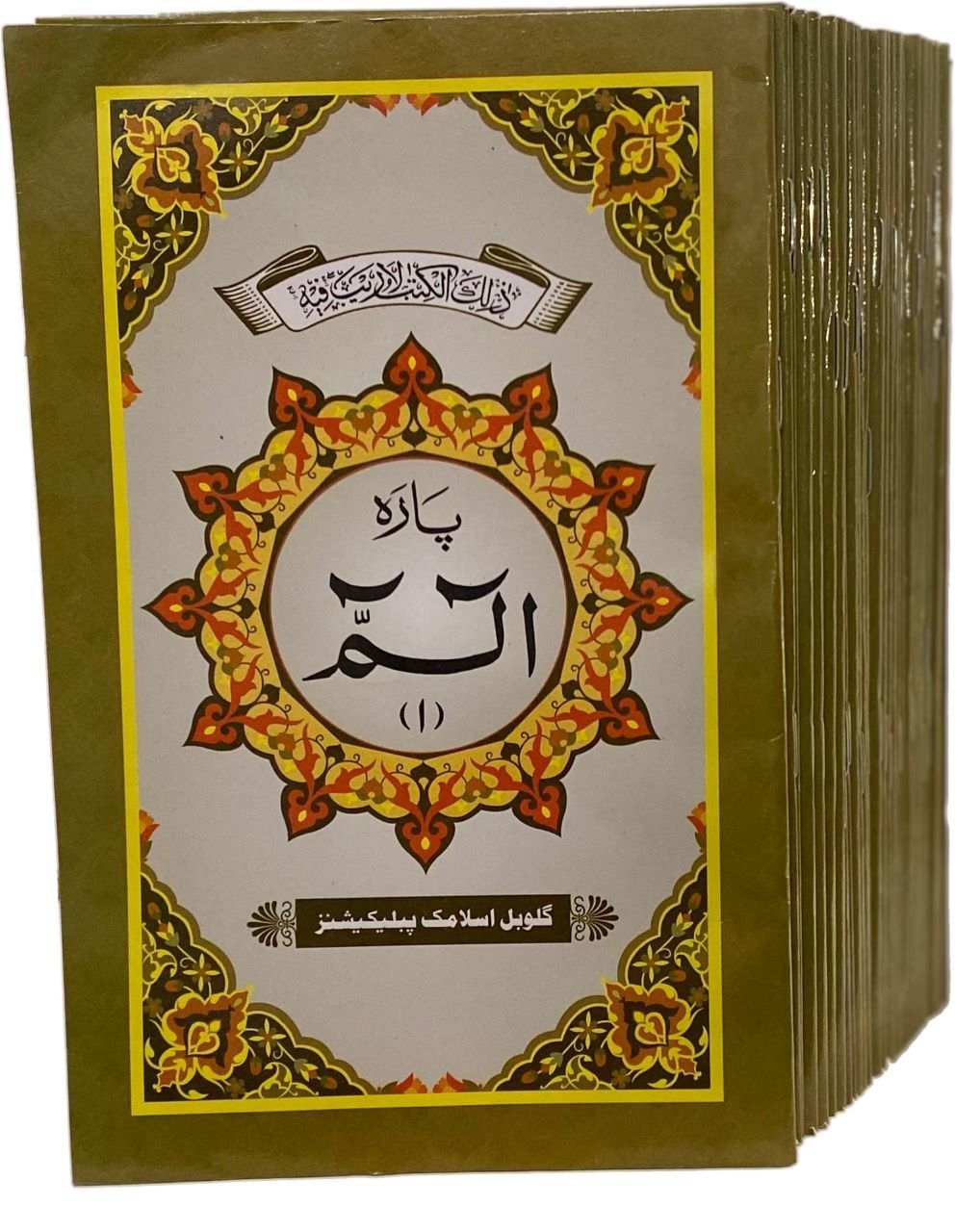
In Islam, the Quran offers profound insights into life and death, guiding Muslims to understand the transient nature of this world and the eternal reality of the hereafter. Quranic verses on death remind us of life’s purpose, the inevitability of death, and the promise of resurrection, shaping a Muslim’s perception of mortality with faith and preparation for what lies beyond.
1. Death as a Reality and Reminder

Death in Islam is not merely an end but a transition to another form of existence. Allah mentions in the Quran:
كُلُّ نَفْسٍ ذَائِقَةُ الْمَوْتِ ۖ وَإِنَّمَا تُوَفَّوْنَ أُجُورَكُمْ يَوْمَ الْقِيَامَةِ
“Every soul will taste death. And you will only receive your full reward on the Day of Resurrection.” (Quran 3:185)
This verse, a central reference in Islamic teachings on death, emphasizes the certainty of death as part of life’s cycle. Every individual, regardless of status or wealth, will face death. This realization is intended to humble humanity, encouraging them to live righteously and prepare for the final reckoning.
2. Death as a Passage to the Afterlife

The Quran frequently reminds believers that death is not the end but a doorway to the hereafter, where true accountability begins. In Surah Al-Mulk, Allah states:
الَّذِي خَلَقَ الْمَوْتَ وَالْحَيَاةَ لِيَبْلُوَكُمْ أَيُّكُمْ أَحْسَنُ عَمَلًا
“He who created death and life to test you as to which of you is best in deed.” (Quran 67:2)
This verse portrays life and death as divinely ordained tests. The worldly life is viewed as a temporary abode, and believers are reminded that actions here will reflect in the eternal life to come. It underscores the Islamic belief in resurrection and judgment, instilling a sense of purpose in adhering to faith and righteous deeds.
3. Preparing for Death: Islamic Guidance

Islam provides guidance for preparation for death, encouraging believers to lead lives that will bring reward in the hereafter. Prophet Muhammad (PBUH) advised Muslims to frequently remember death, to reflect on the temporary nature of worldly pleasures, and to strive for a life that benefits themselves and others.
يَا أَيُّهَا الَّذِينَ آمَنُوا اتَّقُوا اللَّهَ حَقَّ تُقَاتِهِ وَلَا تَمُوتُنَّ إِلَّا وَأَنْتُمْ مُسْلِمُونَ
“O you who have believed, fear Allah as He should be feared and do not die except as Muslims [in submission to Him].” (Quran 3:102)
This reminder helps believers to stay spiritually grounded, preparing their hearts, deeds, and intentions for the inevitable. By fostering an awareness of death, Muslims are encouraged to live a life of integrity, kindness, and devotion to Allah.
4. The Hereafter: Resurrection and Judgment

Belief in the hereafter is one of the core pillars of Islamic faith. Islam teaches that life continues beyond death in the form of resurrection and accountability. The Quran addresses the reality of resurrection as follows:
ثُمَّ إِنَّكُمْ بَعْدَ ذَٰلِكَ لَمَيِّتُونَ – ثُمَّ إِنَّكُمْ يَوْمَ الْقِيَامَةِ تُبْعَثُونَ
“Then indeed you, on the Day of Resurrection, will be resurrected.” (Quran 23:16)
This verse reinforces the idea that each individual will be brought back to life on the Day of Judgment to face the consequences of their deeds. For Muslims, this belief in resurrection encourages accountability, guiding them to uphold justice, kindness, and worship.
5. Reflection on Life’s Purpose
Death, as described in the Quran, serves as a reminder to consider the true purpose of life. In Islamic teachings, the purpose of life is worship and adherence to the guidance of Allah. The reminder of death encourages believers to live with intention, focusing on actions that align with their faith.
وَمَا هَٰذِهِ الْحَيَاةُ الدُّنْيَا إِلَّا لَهْوٌ وَلَعِبٌ ۚ وَإِنَّ الدَّارَ الْآخِرَةَ لَهِيَ الْحَيَوَانُ ۚ لَوْ كَانُوا يَعْلَمُونَ
“And this worldly life is not but diversion and amusement. And indeed, the home of the Hereafter – that is the [eternal] life, if only they knew.” (Quran 29:64)
This verse serves as a caution against becoming overly attached to worldly pursuits, emphasizing that true fulfillment is in the hereafter. Muslims are guided to find balance, striving for success in this world while prioritizing spiritual growth and preparing for the eternal life.
6. Finding Peace and Acceptance in the Face of Death
While death can be a source of fear or sadness, the Quran provides comfort and acceptance. Death is framed as part of Allah’s divine plan, and it serves as a reassurance that every soul is destined to return to its Creator. For those who live righteously, death is seen as a return to Allah’s mercy.
الَّذِينَ إِذَا أَصَابَتْهُمْ مُصِيبَةٌ قَالُوا إِنَّا لِلَّهِ وَإِنَّا إِلَيْهِ رَاجِعُونَ
“To Allah we belong, and to Him we shall return.” (Quran 2:156)
This verse is frequently recited by Muslims during times of loss or distress, providing peace and reminding them that all things, including life, are gifts from Allah. It is a reminder of the temporary nature of worldly attachments and the eternal solace in reuniting with the Creator.
Conclusion
The Quran’s perspective on death is filled with wisdom, guidance, and reminders for Muslims to live purposefully and prepare for the afterlife. Death, according to Islam, is not an end but a passage toward divine justice and mercy, calling believers to reflect on life’s purpose and strive for spiritual growth. By understanding and accepting death through the lens of the Quran, Muslims are encouraged to live a life of faith, responsibility, and hope for the eternal rewards awaiting them in the hereafter.
 Colors
Colors 
 Support
Support 







